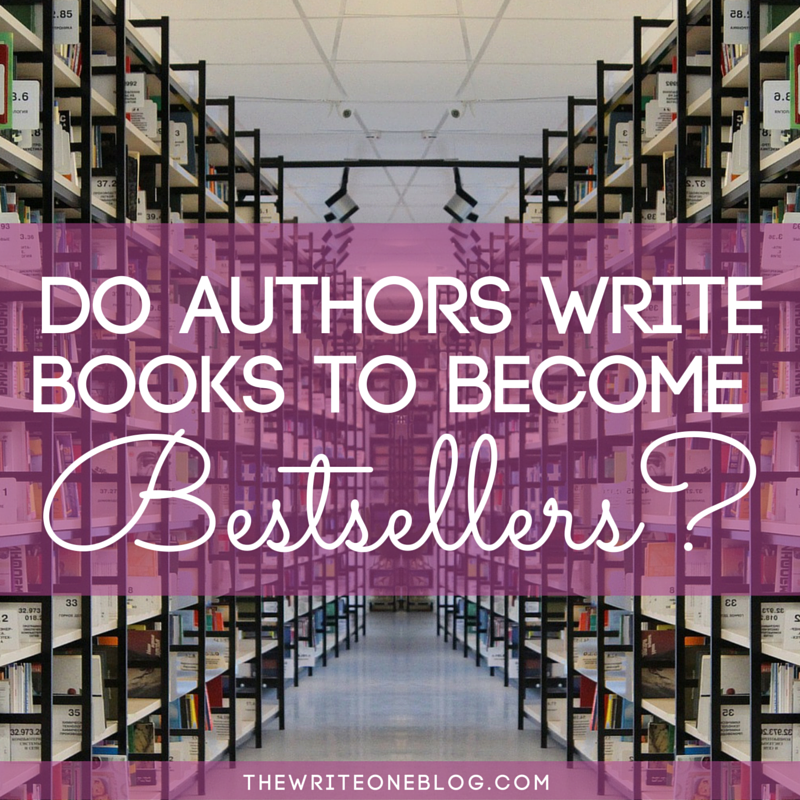A few weeks ago, I stumbled upon a site called A List Of Books. Started by an avid reader, the list boasts what the owner feels are 623 of the best books written. I wondered how a book resource such as this would be helpful to myself and other writers? How could someone who obviously loves books provide value to those of us currently working on a manuscript? This led me to ponder a few more questions. Do authors write books to become bestsellers? Do authors write books with the idea of it eventually becoming a classic? Do authors write books with the avid reader in mind? I had an opportunity to interview Stuart Morris, the founder of this resource and obtain his perspective on some of the classic books he’s read. I wanted him to share with us from his vantage point as an avid reader what makes a great book? I really appreciated what he shared and hopefully you’ll consider adding these writing elements to your work in progress. Read on to find out how to make your book stand out amongst readers and become a bestseller.
Do Authors Write Books With These Writing Elements In Mind?
1.) What makes a great book in your opinion?
A great story! Lev Grossman said it far better than I ever could, but the basic gist is that plot matters. Don’t get me wrong, some of my favorite books were written by the Modernists and Post-Modernists, who eschewed plot to varying degrees, but it’s a rare person that curls up next to the fire after a long day with Ulysses. In the article Grossman mentions a few authors who are taking the best things about Modernist writing and adding plot back in, such as Michael Chabon, Kelly Link and Neil Gaiman. I think they’re all excellent examples of authors who writers can look to for their ability write a great story with an interesting plot.
2.) What can a writer do to make a reader fall in love with the protagonist? Or dislike the antagonist?
For me, some of the most memorable and interesting characters in fiction are also a little eccentric. Characters like Sherlock Holmes, Ignatius Reilly or Dean Moriarty. If you’ve encountered any of those three characters then I doubt you’ve forgotten them. Another, probably more obvious one for protagonists is to give them faults, and not just those job interview type faults (“I’m a workaholic”) but real, fundamental character faults. I want to be able to identify with the protagonist, and nobody can identify with a perfect character that has no real faults. A perfect protagonist is a boring protagonist, it’s the faults and the challenges and the struggles that make a reader fall in love.
3.) How important are the book’s opening chapters?
Not nearly as important as the opening paragraphs or even lines! Lolita is a great example of an opening paragraph that makes you want to read more. Catch-22 has, in my opinion, a great opening page that more or less sets the tone for the rest of the book. The opening chapters are generally for introductions, to both the plot and the characters, and the most important thing about introductions is avoiding exposition. Instead of trying to explain each character and the entire back-story leave a little mystery. A little mystery keeps me turning the pages.
4.) What makes a book a classic?
That’s a hard one, because I think it’s a lot of luck really. The easy part of that answer is that a classic book is considered an excellent book by a majority of readers. I doubt there are any truly bad classic books. But there are many amazing books that probably never made it out of the slush pile, or never reached whatever critical mass is necessary to get them out in to the general public’s awareness, or were published at the wrong time, or were never marketed properly, or had a bad title. My favorite example of this is A Confederacy of Dunces. The author tried to have it published before eventually committing suicide. Then his mother found a carbon copy and took up the cause, and years later finally found a reader who liked it enough to eventually get it published. And then it won the Pulitzer Prize for fiction. So if you want to write a classic book I think you first need to write an excellent book, and then you need to pray.
5.) How do you discover new writers? Do you discover them from recommendations of other readers? social media? or on your own?
I think you might be asking the wrong person. Being the owner of A List of Books should tell you that I have a fondness for a good classic. But new writers do occasionally pop up on my radar. It’s usually friends or family. Sometimes it’s the ‘Customers Also Bought’ section on Amazon. Occasionally I wind up on a book review site and something sparks my interest. But there are so many books that I haven’t had a chance to read yet, I don’t usually go looking for anything new. That’s probably not what you want to hear but the sad truth is that you can only read so many books in one lifetime.
6.) If you could give any advice to writers who are currently working on a book, what would it be and why?
Read more classics of course. I’m not sure about writers, but I know a lot of my own friends and family spend most of their time reading whatever is new and hot. But classics have stood the test of time for a reason. I once heard an author say that you can only write a book that’s as good as the best book you’ve read. And you might get lucky and read the next Gatsby the week after it’s published, but you could also just go and read The Great Gatsby right now.
Do you think you’ll add these writing elements Stuart spoke of? What’s your opinion – do authors write books to become bestsellers? Please share in the comment section below.
NEXT: Write A Realistic Fiction Book – Inspire Your Writing With Real Life!



0 Comments